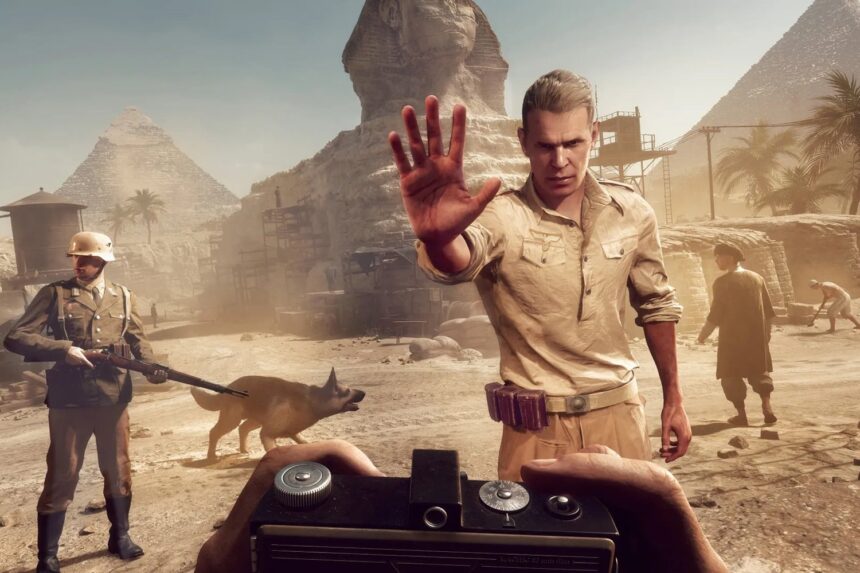I was reading reviews for Indiana Jones and the Great Circle, a new video game starring the famed archaeologist, a few days ago when I noticed a strange thread on Reddit. Humble Bundle, it seems, was giving the game away for free to people who linked their Steam account to the storefront.
Great Circle is a brand new flagship $70 AAA video game and I thought it was weird. I followed the link on Reddit but Humble had already pulled the listing. But, according to posts on social media, some people were able to get the game and run it for a few hours before it vanished from their Steam library.
Now, days later, Indiana Jones and the Great Circle is still absent from the Humble Bundle store. Searching for it on Google returns two listings on the site—one for the premium edition and one for the regular edition—but clicking through redirects users to the Humble Bundle storefront. Indy is missing from the popular store and it’s unclear when, or if, it’ll ever come back.
Humble Bundle is a popular charity-driven digital storefront where players bundle various goods together. Users group stuff together, including books, comics, and games, then “pay what they want.” A portion of what they pay goes to charity. It’s a popular service and a lot of mainstream companies sell their products on Humble. It’s a great place to get incredible deals on games.
On Monday night, Wario64—an account on X that posts about video game deals—noticed that Humble Bundle was giving away the new Indiana Jones game for free. Like any great deal sniffer, it alerted the public. Between Wario64 and the Reddit thread, a bunch of people got to enjoy Indy for a few hours before Humble revoked the keys.
Indiana Jones is FREE on Humble https://t.co/j9C0YKh5mf #ad pic.twitter.com/GKXCUDTWFG
— Wario64 (@Wario64) December 10, 2024
Humble Bundle did not return my request for comment and hasn’t spoken much about what happened. In a statement released to PC Gamer, it said it had revoked all the keys for the game it’d given out “due to a mistake in the provided pricing for this game, the game was incorrectly marked as ‘free.’”
This is a harsh reminder that getting a game into your Steam library doesn’t mean you own the game. Steam doesn’t actually sell games, it sells licenses to the games. The license can practically say whatever the company wants. Steam made this crystal clear in October when it changed what customers see when they buy something.
To comply with newly passed laws in California against false advertising, the digital storefront began to tell its customers they were only purchasing a license at the point of sale. This had always been the case, but the details were buried in the Steam EULA for more than a decade. Now it’s upfront.
Read the full article here












